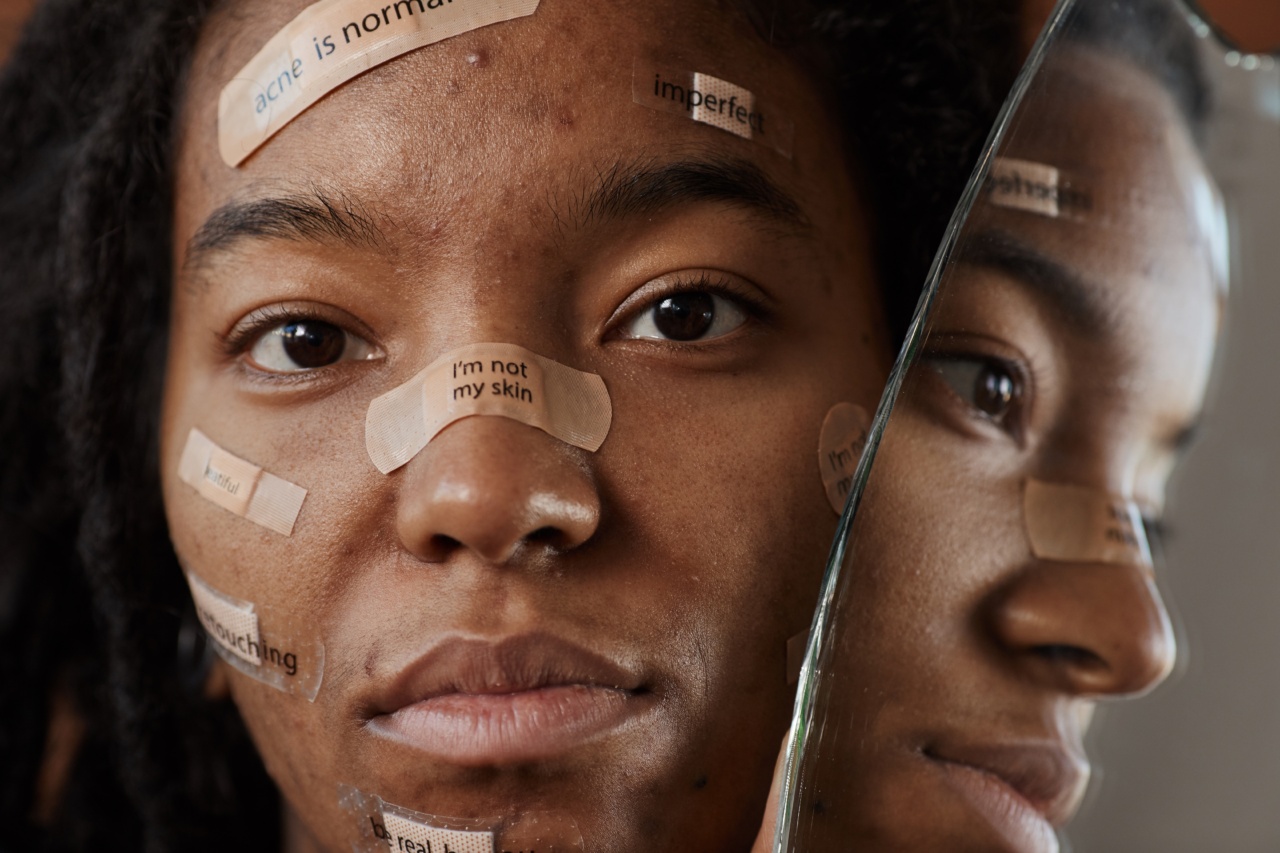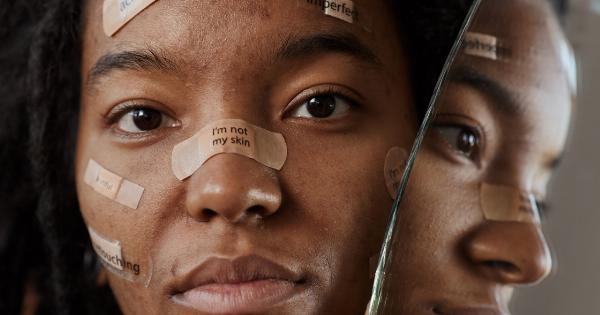Acne is a skin condition that is commonly associated with teenagers, but it can affect adults of all ages too. More and more people over the age of 25 are reporting acne breakouts, and many are wondering what triggers them.
In this article, we will explore some common causes of adult acne to help you understand why it is happening to you and what you can do about it.
Hormonal Imbalances
One of the most common causes of adult acne is hormonal imbalances. Hormones play a significant role in acne because they control the production of sebum, the oil that our skin produces.
Androgen hormones, such as testosterone, stimulate the sebaceous glands to produce more oil. When these glands produce too much, the excess oil can clog pores and lead to acne breakouts.
Hormonal imbalances can occur during menstrual cycles, pregnancy, menopause, and when taking certain medications such as birth control pills or hormone replacement therapy.
Stress
Stress is another factor that can trigger adult acne. When we are stressed, the body produces a hormone called cortisol, which can lead to increased oil production and inflammation in the skin.
This can cause acne flare-ups to occur, and stress can also make existing acne worse. If you are experiencing high levels of stress, it’s important to take steps to reduce it, such as getting enough sleep, practicing relaxation techniques like yoga or meditation, and exercising regularly.
Diet
The foods we eat can also play a role in adult acne. Consuming a diet high in refined carbohydrates, sugar, and dairy products has been linked to acne breakouts in some studies.
These foods can cause the body to produce more insulin and increase inflammation, which can lead to acne. Conversely, a diet rich in fruits, vegetables, and whole grains may help to reduce inflammation and improve skin health.
Skincare Products
The skincare products we use can also be a culprit of adult acne. Products that are too harsh or contain ingredients like alcohol, fragrances, or comedogenic compounds can irritate the skin and trigger breakouts.
It’s important to choose skincare products that are designed for your skin type and to patch test new products before using them all over your face. Additionally, avoid touching your face too much and change out your pillowcases frequently to reduce bacteria buildup.
Environmental Factors
Environmental factors can also play a role in adult acne. Pollution, dirt, and other environmental toxins can clog pores and lead to breakouts.
Additionally, living in a humid environment or wearing tight-fitting clothing can cause sweat and oil to become trapped on the skin, leading to acne. It’s important to keep your skin clean and hydrated, and to wear loose-fitting clothing made of breathable materials.
Genetics
Finally, genetics can also play a role in adult acne. If your parents or siblings have acne, you may be more likely to develop it as well.
Some people may be genetically predisposed to produce more oil or have more sensitive skin, which can lead to acne breakouts. While you can’t change your genetics, you can take steps to manage your acne and reduce its severity.
Treatment Options
If you are struggling with adult acne, there are several treatment options available to you. Depending on the severity of your acne, your dermatologist may recommend topical medications, oral medications, or a combination of both.
Topical treatments can include antibiotics, retinoids, or benzoyl peroxide, while oral medications may include antibiotics, hormonal therapies, or isotretinoin. Additionally, light therapy, chemical peels, or extractions may be used to treat acne.
Prevention Tips
While treatment can be effective, prevention is always the best approach.
To prevent acne breakouts, it’s important to keep your skin clean and well-hydrated, avoid touching your face too much, and choose skincare products that are designed for your skin type. Additionally, try to manage stress levels, maintain a healthy diet, and wear loose-fitting clothing made of breathable materials.
If you have acne-prone skin, it’s important to take steps to manage it, both to improve your skin’s appearance and to boost your confidence.































